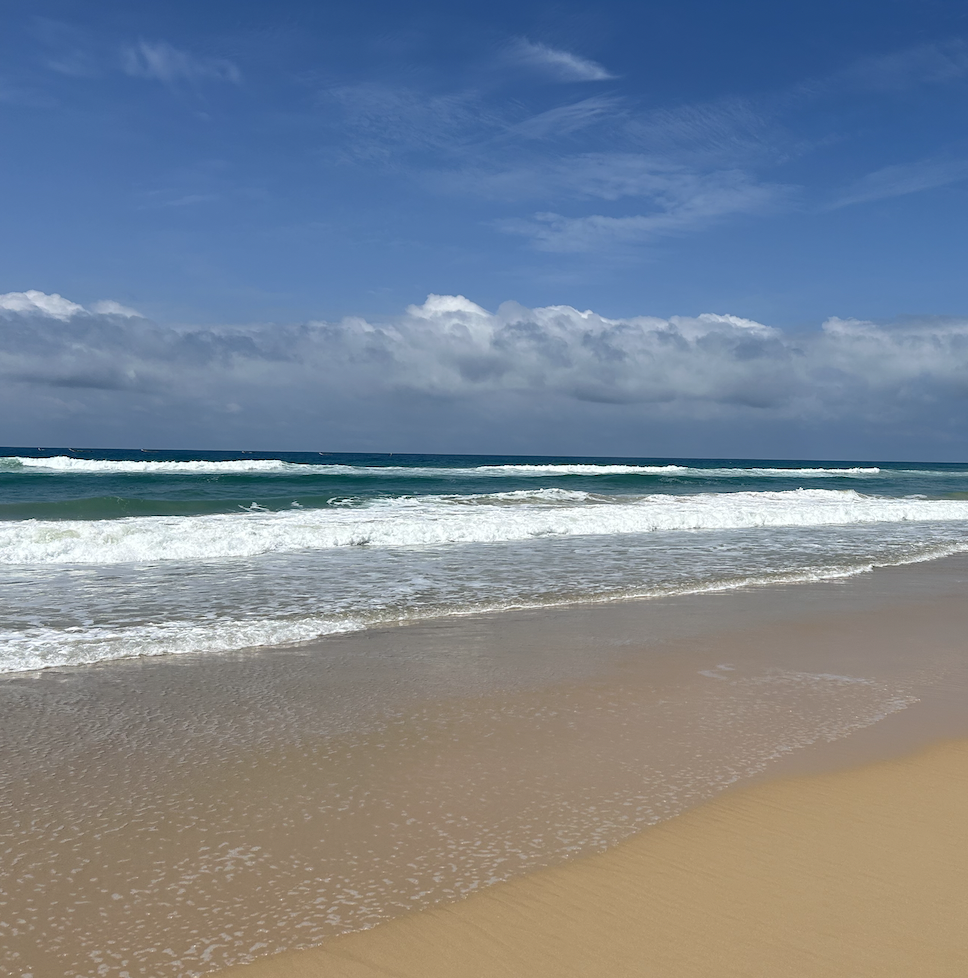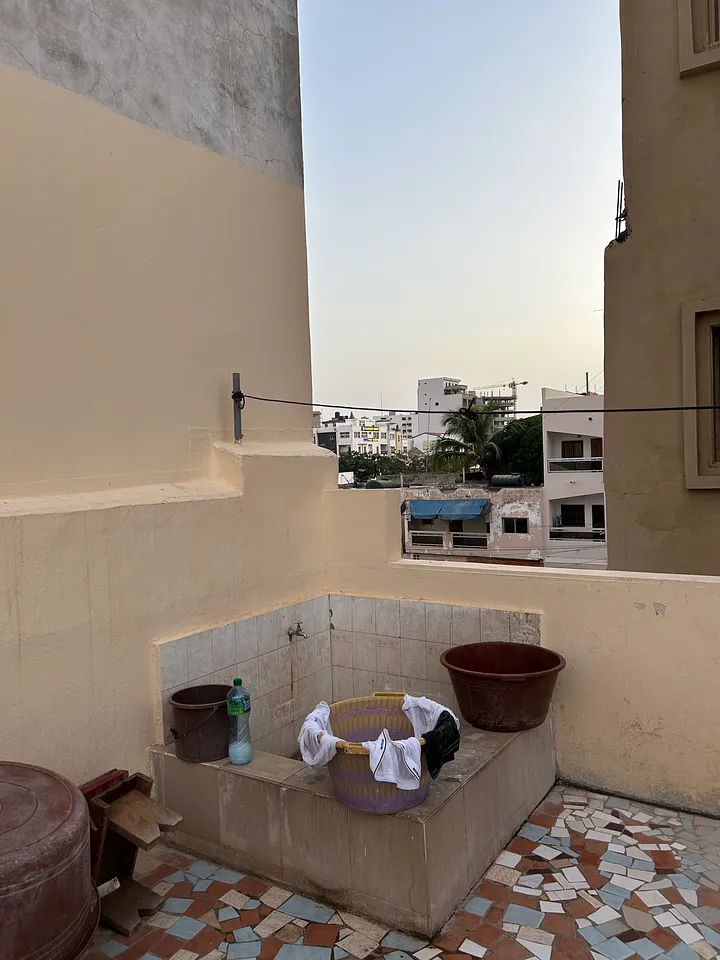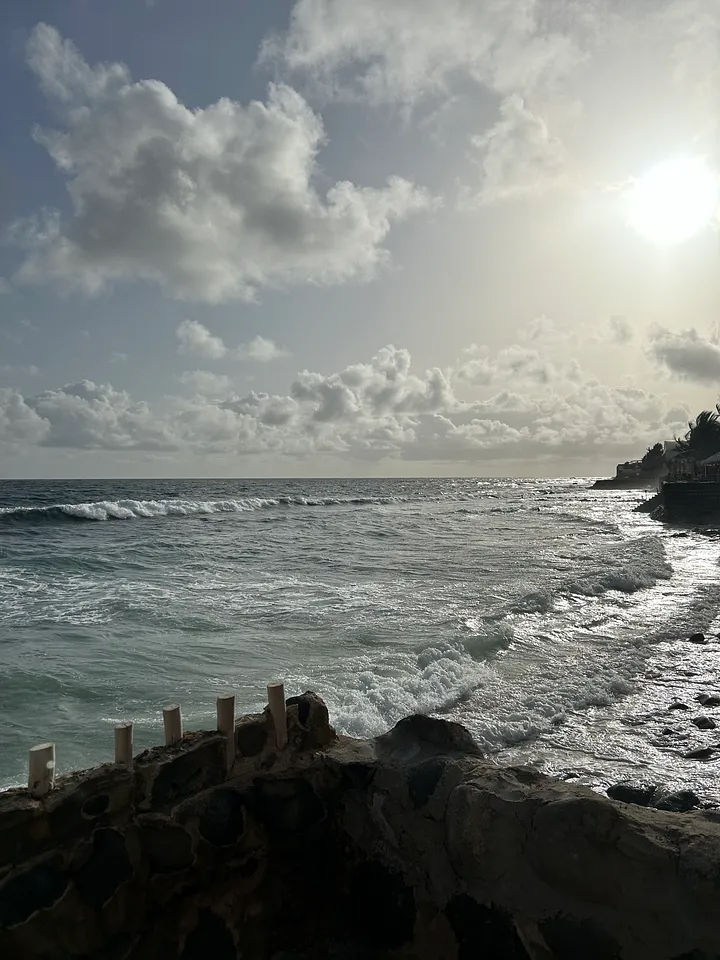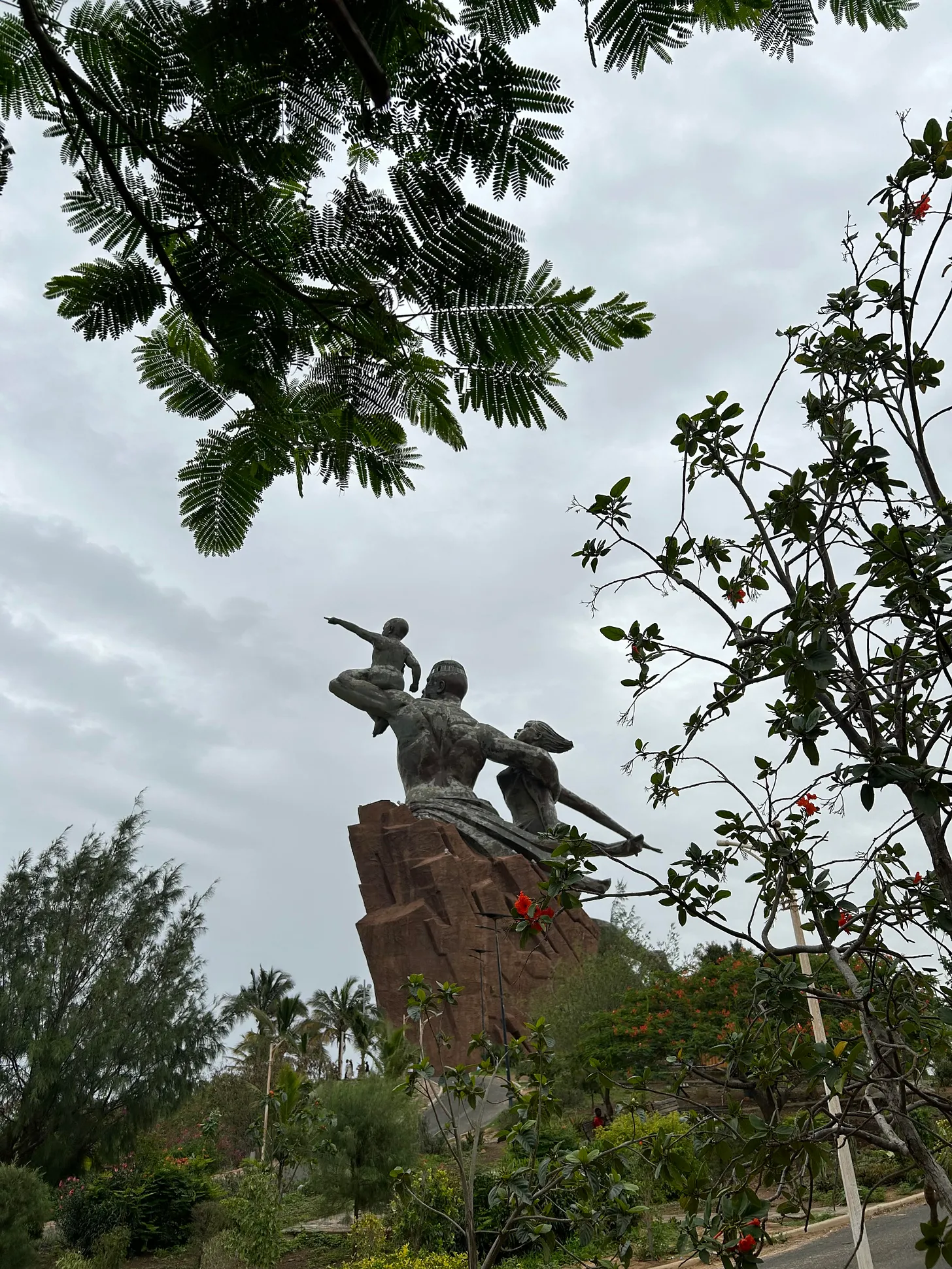
Le Petit Marabout
It was an unremarkable late afternoon as I read in my host family’s foyer, alternating between turning the pages of my book and wiping sweat droplets from my forehead. The sun lingered in the air, as it often did, and a soft breeze flowed through the open door into the tiled courtyard. School had just got out, and it was oddly quiet for the time of day. I could usually hear my host brother Abdoulaye, five years old, shouting along our dusty street with his friends long before he burst through the front door. I enjoyed the stillness, but knew it would be short lived. Soon enough, he crept into the room grinning ear to ear. On weekdays, he normally donned his school uniform, a navy blue collared shirt and cargo shorts. That day, an impeccably white knee length suit and matching pants covered him head to toe. On his head sat delicately a cap with gold trim, typically worn by religious teachers. In Senegal and other predominantly Muslim countries in West Africa, such leaders are called marabouts. They offer spiritual counsel and lead the Islamic groups that make up the fabric of Senegalese civil society. “Un petit marabout,” I said, skeptically, as he slowly made his way toward me. Without a word, he grabbed my book and cell phone, as he often did. Abdoulaye is rather studious for his age, whether by choice or circumstance. During the summer, his days are spent at the daara, where he studies the Quran in classical Arabic. Before his fifteenth birthday, he will have its contents memorized in their entirety. Once the school year begins, he attends a private kindergarten and takes Quranic lessons in the afternoon. He is fluent in Wolof and French, and can read Arabic. Naturally, he was regularly unimpressed by my language abilities and took pleasure in correcting my grammar mistakes. That afternoon, he held a tattered workbook up to my face and tossed my items on the table. Still silent, I looked at him hesitantly. He rarely asked for my help with homework, and even then only math. I took the workbook from him and open its faded blue cover. I looked at the first page, then at him, in surprise. It was filled with words and letters entirely in Arabic. “Abdoulaye,” I told him. “I can’t read Arabic.” His face spelled genuine confusion. “You’re older than me,” he eventually responded, astounded. I stared back at him. After a moment, he left the room. When he returned, he dragged in the straw mat he used for lessons with his Quranic teacher. “Sit,” he said. We began at the beginning of the book, which provided an introduction of the Arabic alphabet. He pointed at each character, said it aloud, and waited for me to repeat. Eventually, we moved into short words with a couple of syllables. “Ba ta sa,” he said first. “Ba ta sa,” I responded. Pleased, he flipped halfway through the book. Soon, three letters became ten. I stared at him. “Jack,” he said, impatient. “What are you doing?” To no avail, I tried to explain that I had no idea what these letters meant or how they sounded. He stared back at me and wiped his eyes. I always admired their hazelnut color, and I looked intently at him. All of the sudden, I jolted upright as he swatted me across the wrist. “Learn!” he cried. “You have to learn!” And I tried, sincerely. Even if I could identify the first letter of a word, I drew blanks as the sentences became more and more advanced. For each mistake, and each guess, a slap on the wrist. He grew exhausted and put his small head in his hands. “You should know this,” he told me. After half an hour passed, he turned to the last page of the workbook. He flopped it on the straw mat and got up, staring at me once again in silence. Then, he turned and walked out of the room, his feet covered entirely by his white pants. At dinner that night, he explained that I was a lazy student. My linguistic capabilities, he assessed, were limited.



